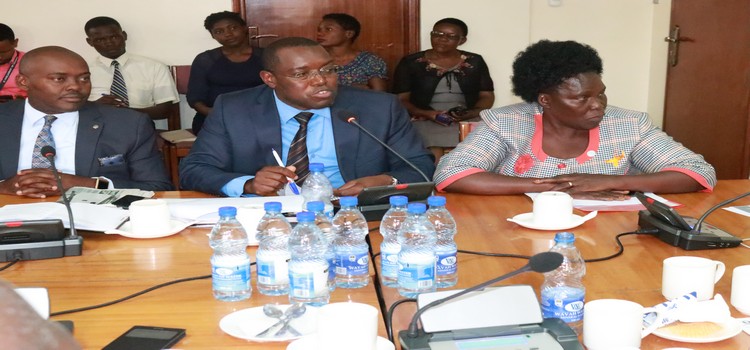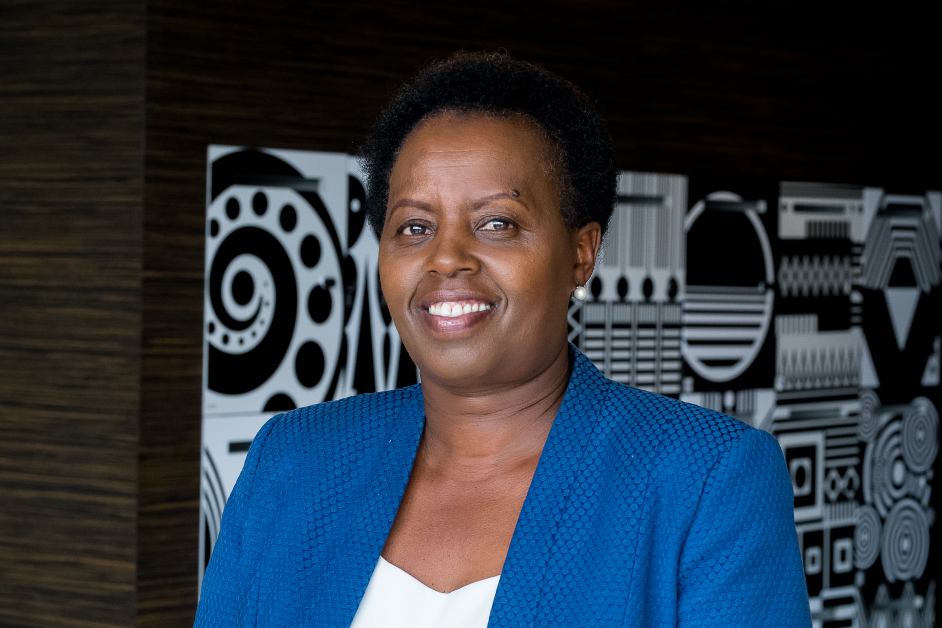The last time Rwanda held presidential elections, opposition leader Frank Habineza’s deputy was killed and he fled into European exile. Seven years on, he sees his candidacy in next month’s vote as a cautious step toward greater political freedoms in the tiny East African country.
The Aug. 4 election will be the first time Habineza, who leads the Democratic Green Party of Rwanda and says he still faces intimidation, has been allowed on the ballot papers. That, according to the 40-year-old, is enough of a victory as he competes against President Paul Kagame, who’s running for a third term after the constitution was changed and is all but certain to win.
“This is an election where people will hear an alternative, something different from what the ruling party says,” Habineza said in an interview in the capital, Kigali. “This is a success for my party and the whole country.”
Rwanda’s elections will take place amid a climate of fear, the result of years of crackdowns on the political opposition, media and human-rights defenders following the Rwandan Patriotic Front’s assumption of power in the wake of the 1994 genocide, Amnesty International said this month. Authorities dismiss the criticisms and point to the stability and economic revival of the landlocked nation of about 12 million people. Annual GDP growth has averaged over 7 percent since Kagame became president in 2000.

The Local Government Ministry’s spokesman, Ladislas Ngendahimana, said by phone that Habineza hadn’t filed any complaints about harassment and any allegations were “false claims.”
Previous Vote
The Democratic Green Party, established by Habineza in 2009, wasn’t allowed to register for the last presidential vote in August 2010. One month before the polls, the partially decapitated body of the organization’s deputy, Andre Kagwa Rwisereka, was found near a southern city. Habineza called for an international investigation and left the country shortly afterward.
He returned from Sweden in 2012, kept up his criticisms of the government and mounted a legal challenge to its bid to change presidential term limits. The Supreme Court dismissed the case, allowing a successful 2015 referendum on the amendment that now lets Kagame run again. Habineza and Mpayimana Philippe, an independent, are his only challengers, after electoral authorities disqualified several others, saying they hadn’t met official requirements.
“We have been facing harassment and intimidation for some time,” Habineza said. He was evicted from a rented home and the party from its offices since the court case, with no explanation given, he said, and alleges that authorities in northern Rwanda have threatened some party members with the confiscation of livestock and electricity supplies.
Electoral Promises
If elected, Habineza vowed to focus on improving the country’s food supply. He said shortages in the country’s east have forced people to flee to Uganda and Tanzania, describing the government’s policy of leasing land to citizens, rather than letting them own it outright, as contributing to the problem.
Agriculture Minister Geraldine Mukeshimana said Rwanda doesn’t have food shortages and that only a small area had been affected by drought. “The country has enough stock to feed the population for four months in case of any shortage, so there’s no way people would flee the country,” she said by phone.
The Green Party’s request to have members included in the electoral commission was refused and it will instead post observers at polling stations, said Habineza.
“We believe that if the elections are held in a peaceful atmosphere and people are not arrested or beaten or killed we will accept whatever the outcome is,” he said.
Bloomberg Africa





